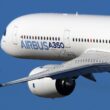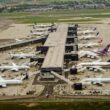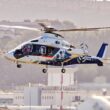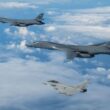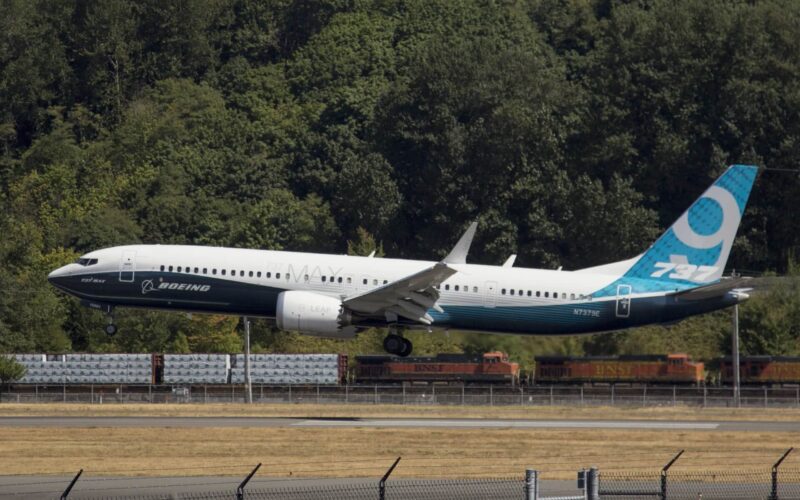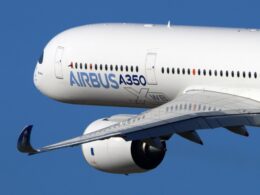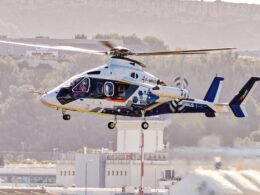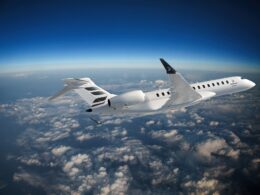As the Joint Operations Evaluation Board (JOEB) begins its work in London to determine pilot training requirements for the Boeing 737 MAX, interviews with former executives who worked on the aircraft development shed some light on the way the company viewed its poster child product.
The interviews, which were conducted in May 2020, focused on Boeing’s design decisions and the aircraft’s certification, including why the manufacturer had pushed against introducing additional pilot training as it had introduced the 737 MAX. In March 2019, reports revealed that 737 NextGeneration pilots were certified to fly the successor to the NG after an hour-long theoretical session.
In January 2020, the planemaker issued a statement that going forward, it would recommend “737 MAX simulator training in addition to computer-based training for all MAX pilots prior to return to service of the 737 MAX.”
Meanwhile, according to the then-chief product engineer of the aircraft Michael Teal, in the view of Boeing employees, there was no need for simulator-based training.
“Would airlines have been pleased with that, of course, they would not have,” Teal said in an interview with the United States House Transportation and Infrastructure Committee, as quoted by Reuters, sharing a sentiment that its own customers would not have been very happy with mandatory simulator training.
Defending MCAS
The Maneuvering Characteristics Augmentation System (MCAS) was at the center of attention of the two fatal crashes that occurred in Indonesia and Ethiopia. Following the two accidents, which in total claimed 346 lives, Boeing changed the system. Instead of relying on one Angle-of-Attack (AoA) sensor, MCAS will now compare data between the two sensors. If the two disagree by 5.5 degrees, the system will not activate but an alert on the flight deck will notify the pilots of the discrepancy instead.
“I understand why now the design change is occurring,” said Keith Leverkuhn, former vice president and general manager of the 737 MAX program, as reported by Bloomberg. “But at the time, no, I don’t — I don’t believe that there was a mistake made.”
“Clearly what was in error was our assumptions regarding the human-machine interaction. Because the process relied on the industry standard of pilot reaction to a particular failure. And what was clear post accidents was that assumption was incorrect,” added the now-retired Boeing executive.

